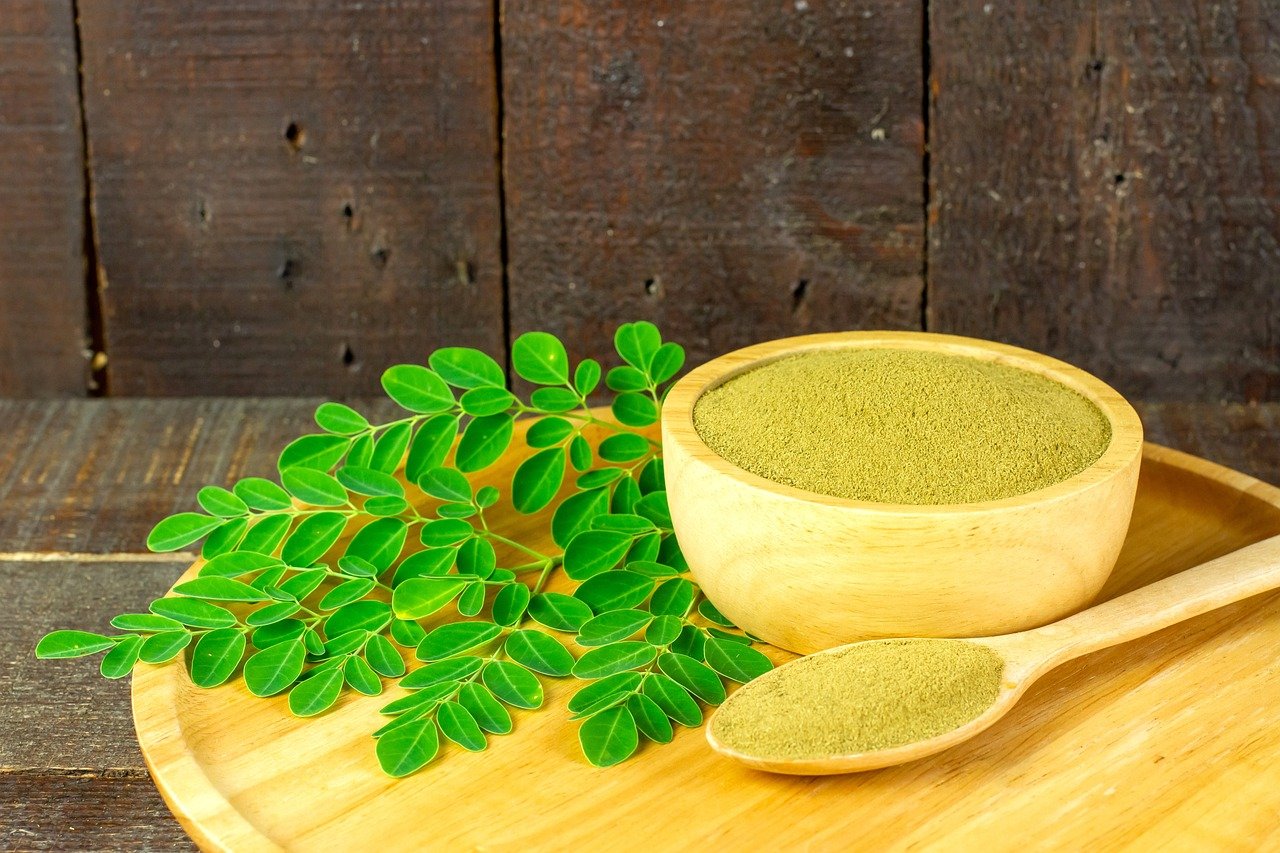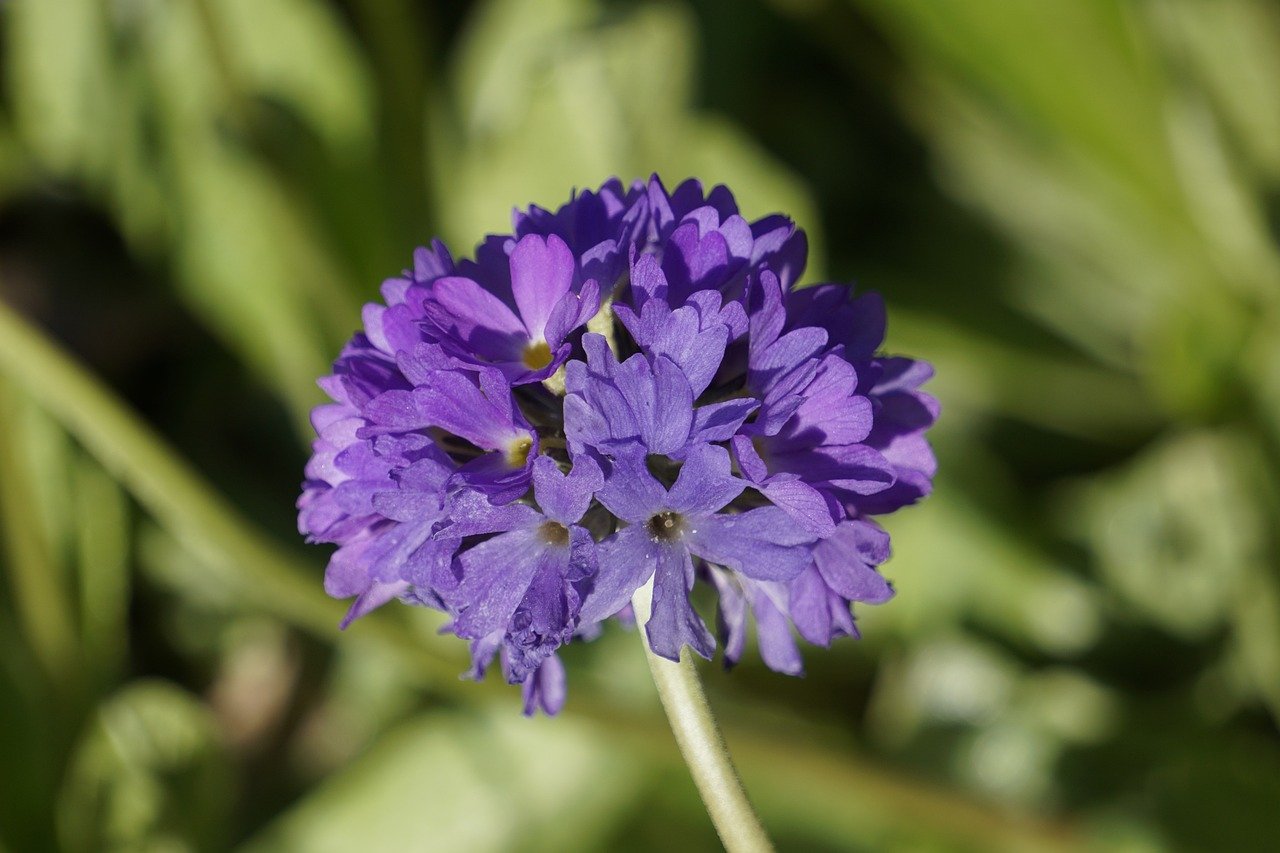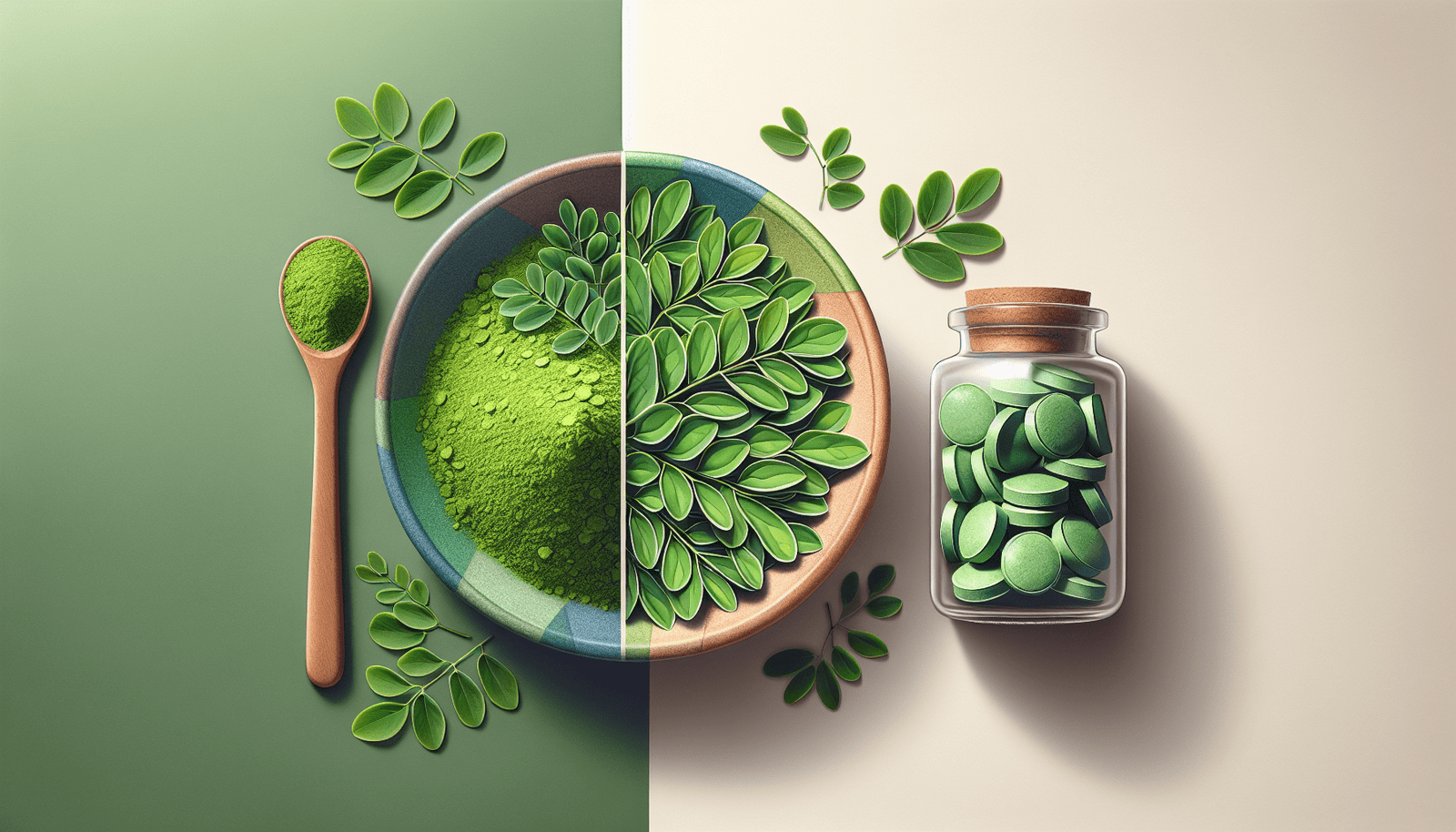Have you ever thought about how to boost your nutrition in a simple, natural way? If you’re considering adding moringa to your routine, you might be wondering whether it’s better to choose moringa powder or tablets for daily use. Let’s break down the differences, benefits, and what might work best for you as you take a closer look at this superfood.
What is Moringa?
Moringa, often referred to as the “drumstick tree” or “miracle tree,” is a plant known for its incredible nutritional profile and health benefits. It’s packed with vitamins, minerals, and antioxidants, making it a popular choice for those seeking to enhance their diet. Both the leaves and pods of the moringa tree are edible, but the most common forms you’ll find in health stores are powder and tablets.
Moringa Powder: An Overview
What is Moringa Powder?
Moringa powder is made from the dried leaves of the moringa tree. The leaves are harvested, dried, and ground into a fine powder that retains most of the plant’s nutrients. This powder offers a concentrated dose of vitamins A, C, and E, as well as antioxidants and amino acids.
Benefits of Moringa Powder
Using moringa powder comes with a variety of benefits:
- Nutrient Density: Contains essential vitamins and minerals beneficial for overall health.
- Versatility: Easily incorporates into smoothies, soups, teas, or baked goods.
- Quick Absorption: As a fine powder, it can be absorbed quickly by the body when mixed with food or liquids.
- Higher Fiber Content: Moringa powder has more fiber than tablets, which is beneficial for digestive health.

Moringa Tablets: An Overview
What are Moringa Tablets?
Moringa tablets are made from powdered moringa leaves that have been compressed into pill form. This option provides a convenient way to consume moringa without the need to measure out powder or mix it into foods or drinks.
Benefits of Moringa Tablets
There are some distinct advantages to using moringa tablets:
- Convenience: Easy to take on-the-go, no need for preparation or mixing.
- No Taste: Ideal for those who are not fond of the earthy flavor of moringa powder.
- Consistent Dosage: Each tablet contains a predetermined amount of moringa, making it easier to track your daily intake.
- Long Shelf Life: Tablets usually have a longer shelf life compared to powder when stored properly.
Comparing Moringa Powder and Tablets
Nutritional Differences
Both moringa powder and tablets contain similar nutritional profiles, but the concentration of nutrients can vary. Here’s a basic comparison:
| Nutrients | Moringa Powder | Moringa Tablets |
|---|---|---|
| Vitamin A | Higher concentration | Slightly lower |
| Vitamin C | Higher concentration | Slightly lower |
| Antioxidants | Rich in antioxidants | Somewhat reduced |
| Fiber | High | Low |
While both forms provide health benefits, the powder generally has a more potent mix of nutrients due to its less processed form.
Ease of Use
With moringa powder, you can be creative in how you consume it. You have the flexibility to mix it with various foods and drinks, adjusting the amount to your preference.
On the other hand, tablets offer unparalleled convenience. They’re perfect for busy individuals who want a quick and easy option without any preparation. Just pop a few tablets, and you’re good to go.
Absorption Rate
Another factor to consider is how quickly your body can absorb the nutrients. When you consume moringa powder, it gets mixed into your digestive system with food or drink, which may speed up the absorption of nutrients because of the digestive process.
In comparison, tablets must dissolve in your stomach first, which may cause a slight delay in nutrient uptake. However, this doesn’t mean that tablets aren’t effective; they just work a little differently.
Flavor and Palatability
Taste can be a crucial aspect of choosing between powder and tablets. If you’re one of those people who enjoys adding natural boosts to meals, moringa powder can blend seamlessly into various recipes. Its earthy flavor might be a delight in smoothies or soups.
But if you’d prefer to avoid any taste, tablets might be the way to go, as they eliminate any need for flavoring altogether.

Potential Side Effects
Moringa Powder
Generally, moringa powder is safe for most people when consumed in moderation. However, some possible side effects may include:
- Digestive Issues: For some, excessive amounts may lead to stomach discomfort or diarrhea.
- Blood Pressure: Moringa may lower blood pressure, so caution is advised if you’re currently taking medication for hypertension.
Moringa Tablets
Moringa tablets can also have side effects similar to the powder. However, because they often contain fillers or additional components, it’s important to check labels for any unwanted ingredients that may cause reactions.
Which One Should You Choose?
Consider Your Lifestyle
If you’re someone who enjoys cooking, experimenting with recipes, or makes smoothies regularly, moringa powder might be your best bet. The powder allows for a customizable dosage and can be easily added to a connected diet.
If you’re always on the move or constantly busy, tablets could simplify your life. They fit seamlessly into any routine and save the time of measuring or mixing.
Evaluate Your Goals
If your primary goal is nutrient absorption and experimenting with flavors, powder is likely the better choice.
But if your main aim is convenience, a straightforward option with consistent dosing, tablets could serve you well.

How to Incorporate Moringa into Your Daily Life
Using Moringa Powder
- Smoothies: Add a teaspoon of moringa powder for a vibrant green boost.
- Soups and Broths: Stir in some powder for extra nutrition in your favorite recipes.
- Breakfast Bowls: Mix it with yogurt, nuts, seeds, and fruits for a healthy breakfast option.
- Baking: Try incorporating it into baked goods like muffins or energy balls.
Using Moringa Tablets
- Daily Routine: Take your tablets at the same time each day to create a habit.
- Pre-Workout: Consider taking them before exercise for an energy boost.
- Travel: Carry some tablets in your bag when you’re traveling or on-the-go.
- Pair with Water: Taking them with a glass of water will help with digestion and absorption.
Conclusion: Making the Right Choice for You
In the end, whether you choose moringa powder or tablets really depends on your personal preferences, lifestyle, and nutritional goals. Both options are packed with health benefits and can support your health in various ways.
If you like being creative in the kitchen and enjoy the taste of natural foods, give moringa powder a try. It opens up a world of culinary possibilities.
However, if you seek convenience, straightforward dosing, and portability, moringa tablets could be a perfect fit for your busy life.
Whichever option you pick, you’re making a positive choice for your health by adding moringa into your daily routine. Enjoy the journey towards better nutrition!



